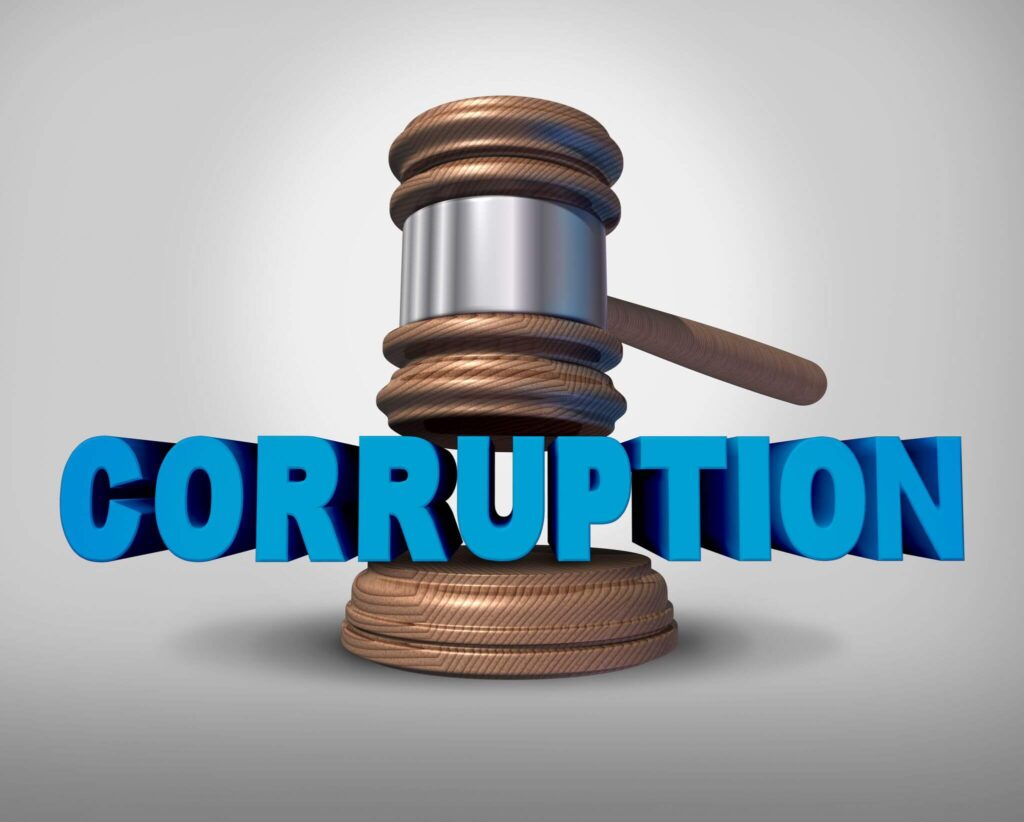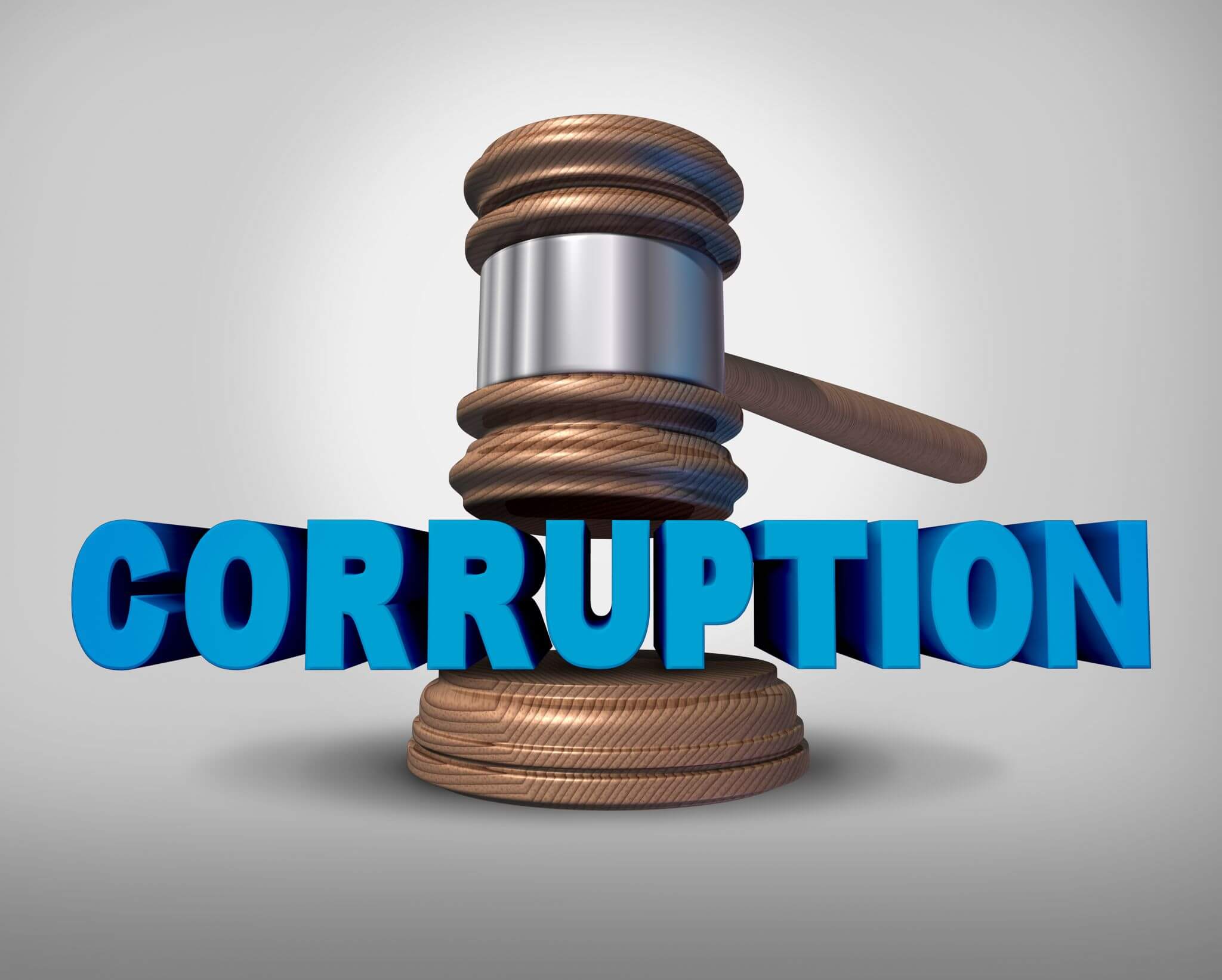- Services
- Practice areas
- Business ethics
- Anti-bribery & corruption
- Child protection and safeguarding
- Code of conduct development
- Competition and antitrust
- Data protection
- Diversity, equity and inclusion
- ESG and sustainability
- Fraud prevention
- Governance
- Harassment and bullying
- Human rights and modern slavery
- Integrity compliance
- Measuring ethical culture
- Tax evasion
- Whistleblowing
- Expertise
- Practice areas
- Tools & Resources
- News and insights
- Frameworks
- Bribery and corruption
- Business ethics standard
- Child protection and safeguarding
- Competition and antitrust
- Data protection
- Diversity, equity and inclusion
- Environment
- Fraud prevention
- Harassment and bullying
- Human rights and environmental due diligence
- Human rights and modern slavery
- Integrity compliance
- Sports governance
- Tax evasion
- Whistleblowing
- E-learning & training
- Benchmarking
- Assessment platform
- Our Work
- Assessment platform
- About Us
- Contact us
-
EN

